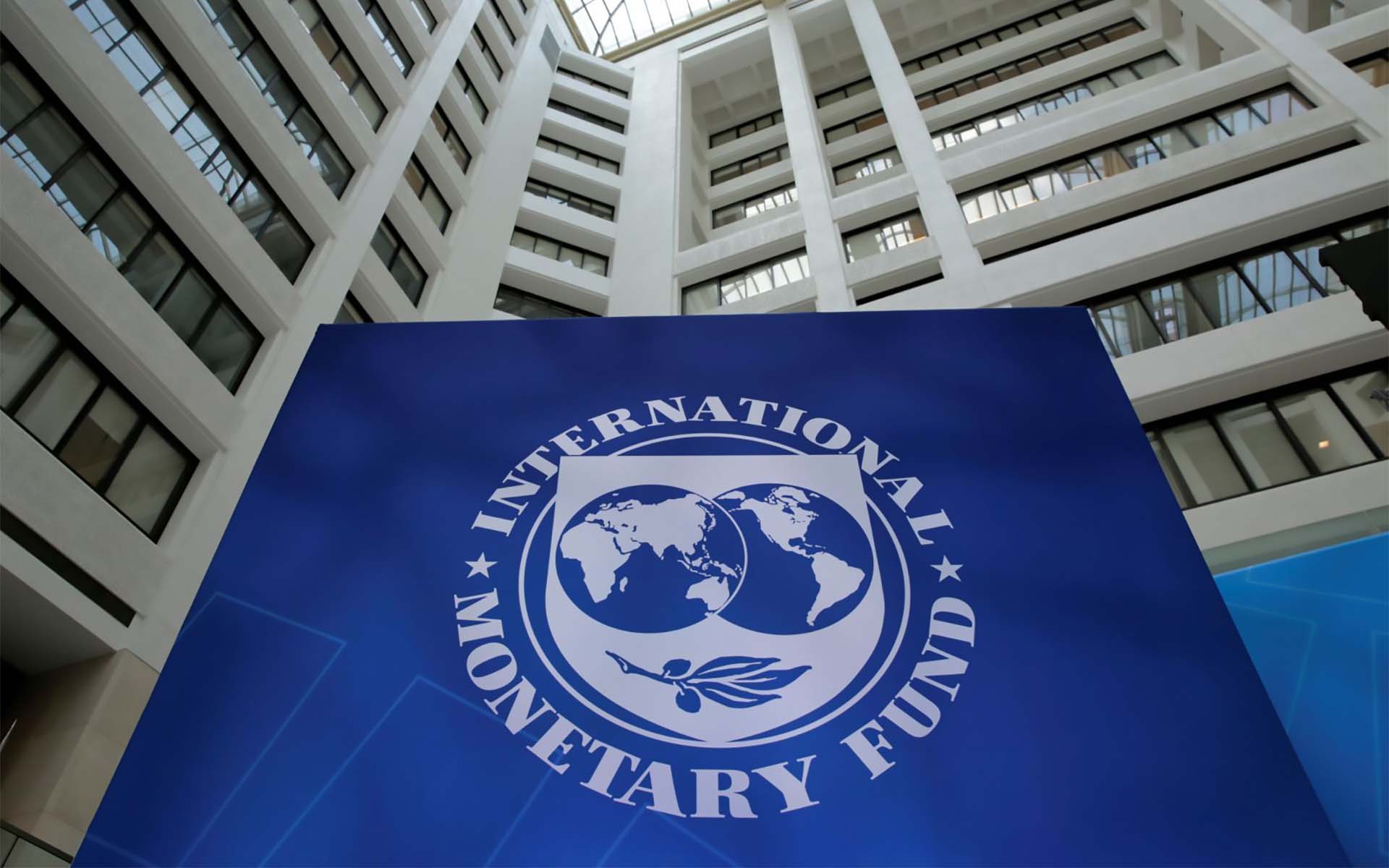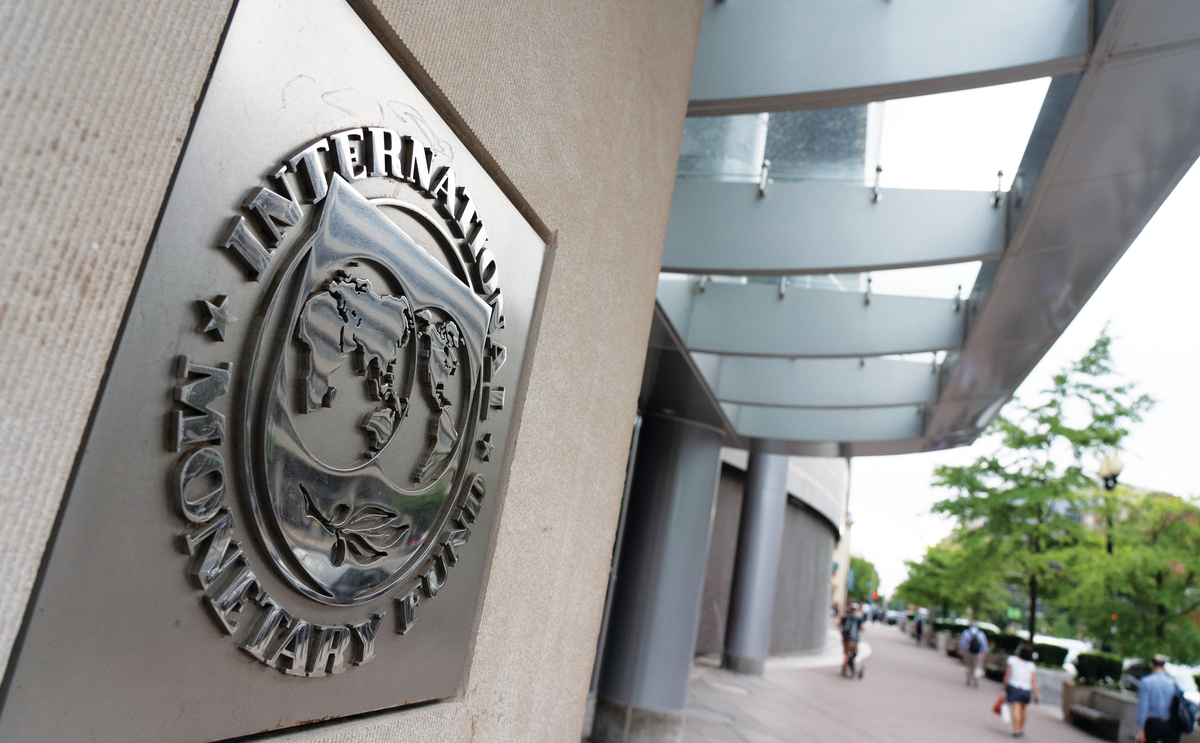This substantial augmentation was approved by a resounding 92.9% of the voting power, surpassing the required 85 percent threshold.
Quotas are the building blocks of the IMF’s financial and governance structure. Each member is assigned a quota that they pay when they become part of the organization.
These quotas determine how much influence each country has on the IMF’s decisions and how much money they can access in times of need.
The decision, based on an Executive Board recommendation from November 7, focuses on sustaining the IMF’s lending capacity by reducing reliance on borrowed resources while incorporating the approved quota increase.
The IMF aims to reduce reliance on borrowed funds and gradually stop using bilateral borrowing agreements (BBAs).
Bilateral borrowing agreements are deals between the International Monetary Fund (IMF) and individual countries. These agreements allow the IMF to borrow money from these countries when needed.
“This 50% increase in the Fund’s permanent resources is a testament to the confidence our membership places in the IMF’s mission,” remarked Kristalina Georgieva.
“Reducing reliance on borrowed resources reaffirms quotas’ primary role in our lending capacity, positioning the IMF to safeguard global financial stability and respond effectively to members’ needs in times of uncertainty.”
The next steps involve member countries consenting to their respective quota increases. Many nations are expected to fulfill this by November 15, 2024, necessitating legislative action in numerous cases.
By consenting to this quota increase, Kenya might need to allocate more funds to the IMF. The latest data from the IMF indicates that Kenya currently has a quota of USD 542.8 million.
However, it remains to be seen how the IMF’s Executive Board will adjust these shares based on the increase.
“The Executive Board also recognized and informed the Board of Governors of the urgency and importance of quota share realignment to better reflect members’ relative positions in the world economy while protecting the quota shares of the poorest members,” the IMF press release stated.
“In this context, the Board of Governors asked for work to develop, by June 2025, possible approaches as a guide for further quota realignment, including through a new quota formula, under the 17th General Review of Quotas.”
















